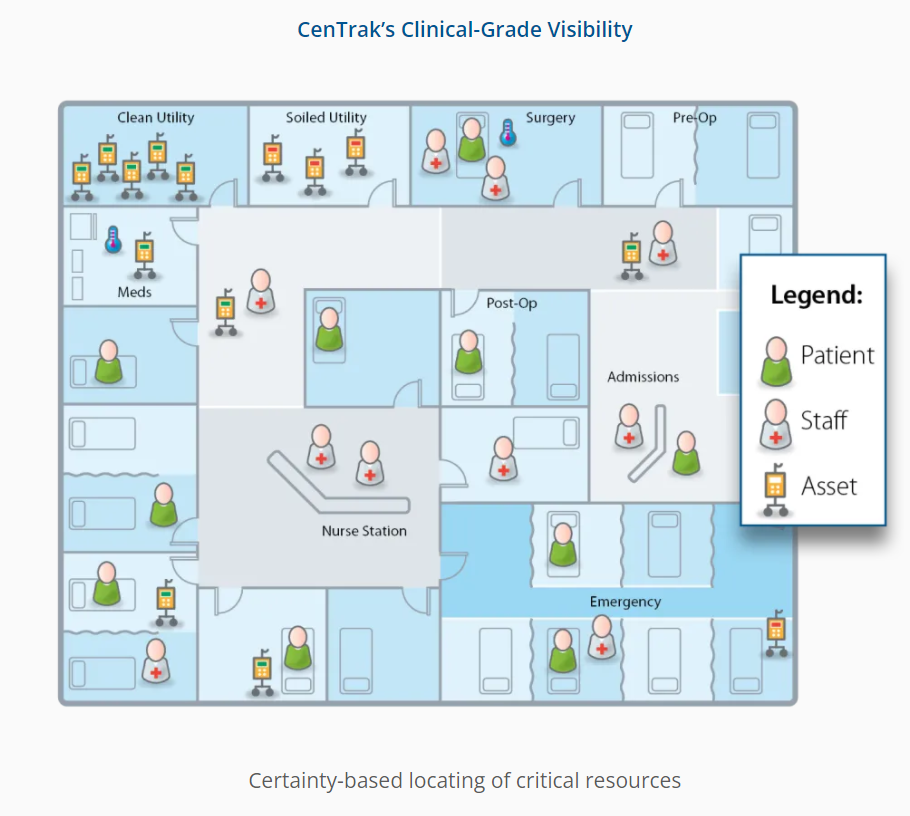Steering the Intricate Financial Landscape of Elderly Care Choices
Steering the Intricate Financial Landscape of Elderly Care Choices
Blog Article
Maneuvering the financial landscape of elderly assistance options can be a challenging endeavor for families and individuals. As individuals age, their needs often change, requiring various types of care and assistance. Comprehending the different options available, along with their related expenses, is essential for making knowledgeable decisions. This article will examine the different types of senior care, the monetary implications of each choice, and tactics for managing these expenses effectively.
There are multiple types of senior assistance options available, each catering to different needs. In-home assistance solutions allow seniors to receive help in their own homes, which can encompass help with everyday activities such as hygiene, cooking, and pharmaceutical supervision. Assisted living communities provide a more communal living setting, providing support with everyday tasks while allowing residents to keep a level of self-sufficiency. For those with more complex healthcare requirements, nursing homes provide comprehensive assistance, including 24-hour healthcare supervision. Understanding these choices is crucial for families to decide what type of assistance most suits their family members.
The costs related with elderly care can vary considerably based on the type of assistance selected. In-home assistance services may charge per hour fees, which can add up quickly depending on the amount of time needed each seven days. Assisted living facilities typically have monthly charges that include accommodation, meals, and basic assistance solutions. Nursing homes often have elevated costs due to the extensive medical assistance offered. It is important for families to investigate and compare costs, as well as to take into account any additional fees that may not be factored in the starting cost.
Financing senior assistance can be a complicated procedure, but there are multiple choices available to assist manage these expenses. Many relatives rely on personal savings or income from pension funds to cover expenses. Long-term care coverage is another choice that can offer financial assistance for different types of senior care. Additionally, state programs such as Medicaid may provide assistance for those who qualify based on financial status and need. Understanding these financial options can help relatives make more knowledgeable decisions about their assistance choices.
Planning for elderly care should start early, as this can help alleviate some of the monetary burden later on. Relatives are encouraged to have open conversations about care preferences and monetary capabilities. Establishing a financial plan that details potential expenses and available options can also be helpful. By taking preemptive steps, families can more effectively maneuver through the complex monetary helpful hints landscape of elderly assistance options, guaranteeing that their loved ones receive the care they require while managing expenses efficiently.
